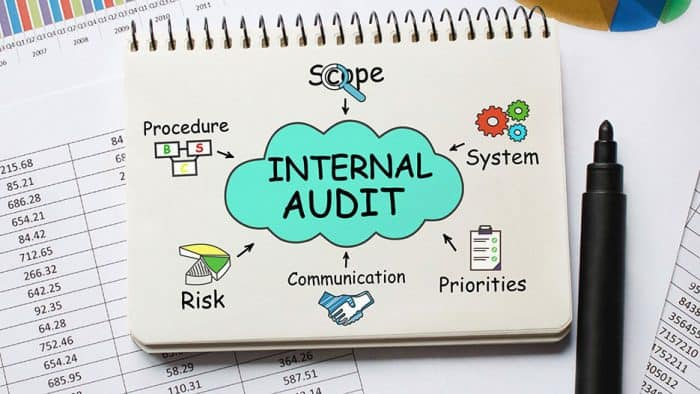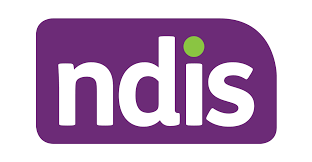5 Ways Internal Audits Empower Disability Service Providers
The message is simple for Disability service organizations in Australia. Make yourself more efficient by conducting a deep organizational clean-up to identify and address a myriad of issues that could be hidden.
This includes assessing and logging various processes, with full reports on the entire business operation - From the outside in.
True quality control means there are no unpleasant surprises when an external auditor arrives to visit.
In a perfect world, each NDIS provider would have a reliable internal audit system to reduce the risk of constant risks in an ever-changing industry. However, the reality of NDIS compliance isn't optimal and cannot be dependent on changing continuously.
Five ways that internal audits can improve the efficiency of organizational processes and help NDIS service providers.
1. Go digital
Many organizations in the disability sector are cautious about abstaining from audits based on paper.
However, this prevents them from achieving the highest level of performance. In the end, papers get lost, discarded, or placed in the wrong filing cabinet. Keep your documents in the cloud, offering you a secure and scalable virtual office.
Paper-based audits, which are manual, are more likely to be completed sporadically or, if done at all, often forgotten or moved to a different date. Staff with limited time spend time manually transposing data to collect the results. It's a lengthy procedure.
Cloud-based audits enable employers to track the performance of their employees better and measure it.
2. Simplify risk assessment
The NDIS Quality and Safeguards Commission sets strict guidelines for managing risk in NDIS organizations.
Disability service providers are now confronted with an overwhelming array of legal reporting obligations about:
- Control of complaints, incidents, and information as well as human resources.
- Health and safety at work.
- Governance-related concerns.
Smart assessment tools let you streamline and simplify your risk assessment process by identifying, documenting, reviewing, assessing, and treating important risks in a proactive manner instead of reactively within your company.
3. Pursue continuous improvement
NDIS disabled service providers are now required to continue to improve all aspects of the operation.
If your self-auditing method is inconclusive, improvised, or unorganized, you will not be able to document or demonstrate your progress uniformly.
You can beat your benchmarks using an internal auditing system that supports an ongoing improvement plan.
4. Make sure the transparency is on
The disability service provider is always in contact with employees, clients, contractors, auditors, their respective auditors, and the NDIS Commission - or they should be.
The NDIS Practice Standards are cracking down on reporting errors and the inability to document and communicate the various types of instances and concerns.
An audit-friendly system with appropriate scheduling and tracking capabilities can effectively support one or more auditors within your organization.
5. Please provide the proof
Disability service providers cannot continue to exist with inefficient working practices or inadequate documentation.
The Commission demands that they collect evidence, present results, demonstrate improvement and systematically prove external auditors' compliance.
An auditing system based on evidence will ensure that you record vital information, evaluate your performance, and evaluate and monitor your progress.
Choose wisely as your auditory system
Disability sector professionals face many problems in today's environment of strict compliance. The most agile and robust companies will thrive in a highly competitive market.
You can empower yourself by getting to learn as much about your company as an auditor would. Select a flexible auditing system that will help you to keep up to date with all the reporting and compliance requirements.
NDIS Internal Audit is the only assessment tool designed explicitly for NDIS providing complete transparency of internal audits. This tool will help align what you claim you're doing with what you actually perform.
- A user-friendly platform allows you to make alerts and create questions to suit your business's requirements.
- Plan to schedule, plan and conduct the self-audits that are appropriate for the purpose at periodic intervals.
- Create a clear and transparent vision throughout the entirety of your company.
- Make sure that important stakeholders are aware of crucial information.
- Show results and demonstrate that they meet the quality standards to impress auditors from outside.




Comments
Post a Comment